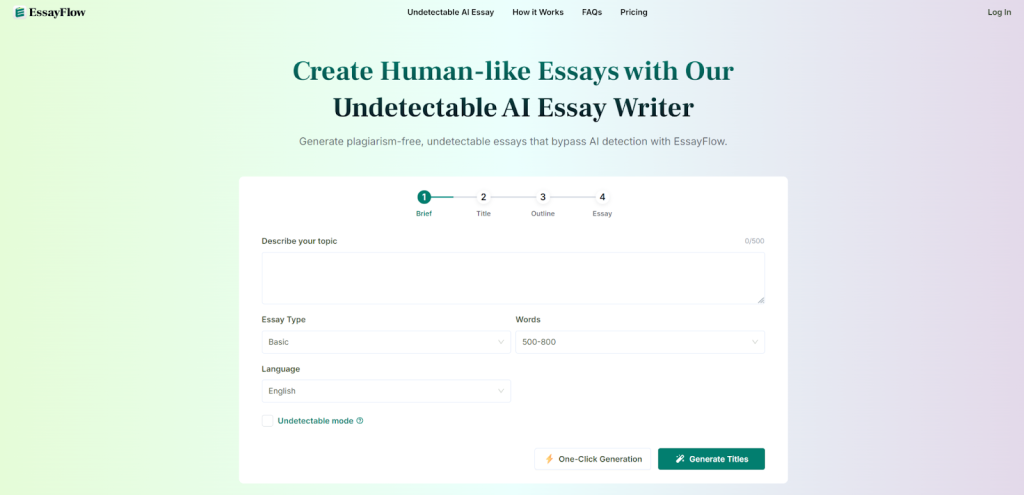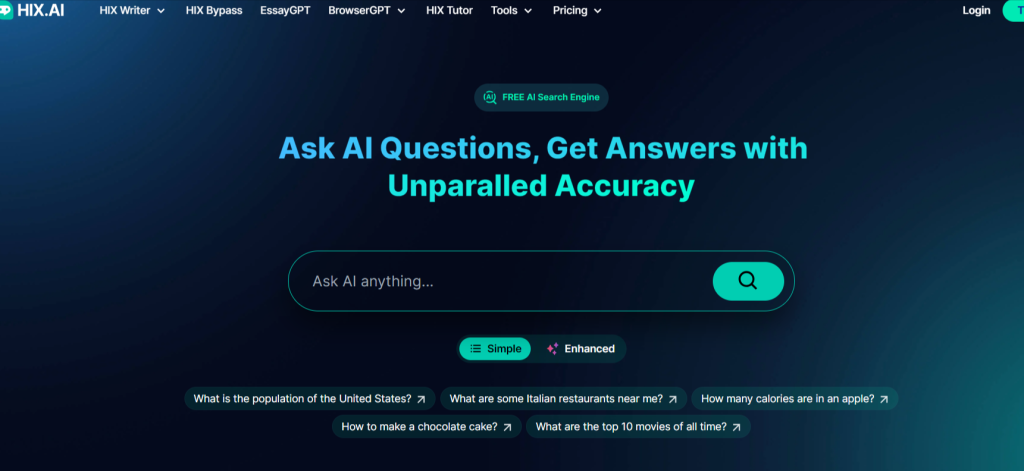The halls of academia, once bastions of thought and originality, are facing a new crisis: plagiarism. With readily available information and powerful AI tools, students can copy content with a few keystrokes. This issue isn’t just about copying and pasting a Wikipedia entry – students can get AI to write whole essays for them with disturbing ease.
But academic dishonesty comes at a hefty cost, undermining scholarship and eroding the value of our educational institutions. Let’s talk about safeguarding your work as a student – and if you happen to be an educator, I’ve got strategies for you, too.

What we will cover?
What Exactly Is Plagiarism?
Simply put, plagiarism is stealing someone else’s ideas and presenting them as your own. You don’t always have to copy something word-for-word. This also covers:
- Paraphrasing another person’s words without proper attribution.
- Using someone else’s images or data without crediting the source
- Submitting essays written by a friend, relative, or paid service
Why Plagiarism Matters?
Plagiarism isn’t just a rule universities made up to give teachers a reason to hand out failing grades. Think about it: if we allow people to pass off others’ work as their own, it totally devalues degrees and diplomas. What motivation is there to work hard, be innovative, and actually produce original thought?
We might as well hand out those coveted pieces of paper in cereal boxes. Moreover, on a personal level, plagiarizing robs you of an opportunity to actually grapple with a subject and grow intellectually.
The Role of Technology in Plagiarism
Let’s be honest – the internet and online tools have made plagiarism shockingly easy. A quick Google search, a visit to an essay mill website, or inputting a prompt into an AI essay generator might seem like tempting quick fixes. This has created an interesting predicament, especially when it comes to AI. In many ways, these powerful tools can genuinely boost learning…but they definitely come with an ethical minefield to navigate.
Educators – Detecting Plagiarism & Using AI Responsibly
Being on the front lines means that teachers and professors play a pivotal role in stopping plagiarism. Here are some tactics:
- Plagiarism checkers: You don’t need to memorize every piece of writing ever submitted. Technology has your back! Software like Turnitin and Copyscape can compare student work to billions of websites and essays.
- Know your students’ voices: Teachers, especially for writing-heavy classes, get a sense of each student’s writing style over time. A sudden turn toward polished, sophisticated prose without prior evidence of those skills – that’s a red flag.
- Embrace AI thoughtfully: An AI essay detector isn’t foolproof, so consider them an extra support to human judgment. It’s also a chance to re-think assignments – can you ask for drafts, outlines, or a presentation alongside an essay to ensure real student output is involved?
Students – Understanding the Consequences of Plagiarism
We get it. Deadlines. Anxiety. And that nagging feeling that maybe everyone else is cutting corners anyway. Here’s why choosing honesty is always worth it:
- Consequences aren’t pretty: From failing grades to getting kicked off your course, academic institutions take plagiarism seriously. And guess what? Those consequences sometimes follow you outside academia. Getting blacklisted by some job or university applications – not a fun career trajectory.
- Your reputation matters: If you get known as someone who uses shortcuts instead of putting in the work, well… your professional prospects aren’t looking too bright, regardless of grades. Honesty and integrity actually help you in the long run.
- The joy of real growth: Remember how great it feels to get good at something because you earned it? There’s nothing quite like knowing you built a foundation of learning through dedication.
Students – Tips for Original Work
So, you want to be on the right side of originality? Try these strategies:
- Time management is key: Start projects early – don’t be tempted by last-minute shortcuts. Break things down into smaller chunks to feel less overwhelmed.
- Citations are your friends: It’s tempting to think it’s only “real” plagiarism if you copy a whole paper – it’s not! Cite anything that isn’t common knowledge or directly from your brain. (And brush up on whatever format – MLA, APA, etc. –your subject usually uses.)
- When in doubt, ASK: It’s way better to clarify with your professor about using a specific source than to end up with a plagiarism accusation. And most teachers respect the genuine desire to do things right.
Cultivating a Culture of Academic Integrity
This isn’t just about punishment! We’ve got to foster a learning environment where students value originality and ethical scholarship. That means:
- Clear policies: University or course-wide honor codes make consequences obvious and create a sense of collective responsibility.
- Conversations, not fear: Educators, discuss why plagiarism is detrimental, not just what the punishments are.
- Reimagine assessment: If every assignment feels like a cookie-cutter essay that could easily be found online, maybe it’s time to get creative. Can you incorporate oral presentations, creative projects, or more student-led learning and analysis? Those make plagiarism harder and genuine knowledge easier to spot.
The Psychological Impact of Plagiarism
We tend to think about plagiarism in terms of grades, reputations, and the academic ‘system’. But there’s also a heavy psychological cost that many students don’t think about when they decide to cut corners.
- Guilt and anxiety: Even if you somehow manage to ‘get away’ with plagiarism, you know deep down you didn’t earn your success. This breeds guilt and insecurity, which can take a toll on your mental health and overall well-being.
- Imposter syndrome: When your sense of accomplishment is based on a lie, it creates a nasty cycle of feeling like a fraud. Plagiarism undermines your confidence in your abilities, even if you do possess genuine skills.
- A slippery slope: If you become accustomed to taking the easy way out academically, this mindset can sadly leak into other areas of your life. Plagiarism erodes the work ethic and sense of personal responsibility so important for future success.
Conclusion
Combating plagiarism requires constant vigilance from everyone involved in education. Students and educators alike bear a responsibility. It’s a fight worth having because the stakes are high: the trust in scholarship itself depends on the originality of those creating it. Let’s all play our part, not just through fear of detection, but by valuing authenticity and the real joy of creating your ideas. It’s more rewarding in the long run – I promise.



Review Summary
User Reviews
There are no reviews yet. Be the first one to write one.
Share Your Experience